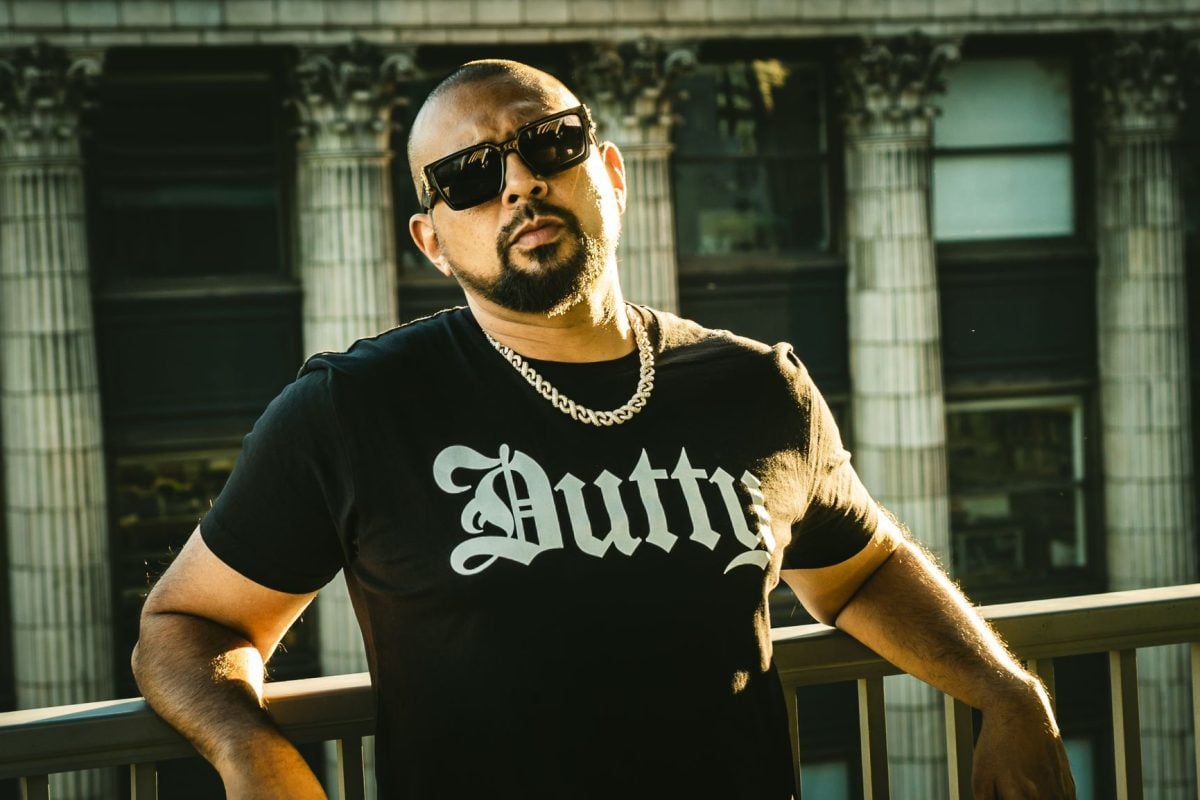So what makes a perfect Dancehall song? According to Sean Paul, it’s all about the beat.
“It definitely has to do with the beat a lot. A lot,” the Temperature hitmaker emphasized during an interview with Billboard. “You could have a very great Reggae song that’s an acoustic – there have been acoustic Dancehall songs, for sure — but the main driving force of our music is the riddim. It’s the drum and the bass,” he explained.
“That’s what’s changed a lot with the younger [producers] nowadays, who….don’t have the guidance of other people. It’s a lot more chord-oriented and keyboard-oriented, and it don’t have the crazy bass. I miss that. There’s a few songs that that still reflect that now, and those are the ones I enjoy more. I think that that’s the important thing that makes a Dancehall beat.”
Interestingly, he pointed to Ed Sheeran’s Shape of You as an example of a song with a strong Dancehall influence. “The drums and the bass reflect that,” he argued.
“When the radio people say, ‘Dancehall ain’t playing in the States no more on the radio, sorry!’ I’m like, ‘F—k you, because you’re playing Ed Sheeran and to me, that’s dancehall.’ Good songs are good songs, but the backbeat — the drum and the bass — is definitely what helps to make our genre the infectious thing that it’s become and that it is.”
During the interview, Paul lamented what he sees as a downside to the current ‘ease’ of music production, both in Jamaica and globally.
“I’m proud of the fact that there are more producers and more artists. One thing that’s uneasy to see is that there’s a lot of people who just come up and they don’t go through a gauntlet like I did or artists before me, where you have to stay [in the studio] all day long sitting down, waiting for your turn to be recorded. It’s all on your phone right now or your laptop [with FruityLoops] and everything’s a lot easier. Sometimes when you don’t go through the fire, you don’t get to the point where you’re diamond,” he said.
“Back in the day, having to wait in those lines, having to take the criticism from the producer himself — because nowadays the kid could just do his own thing and put his song out,” Paul explained.
He continued: “Soulja Boy broke from that scenario. But the discipline ain’t there to me, and that discipline is a deepness that can help you to have more longevity, which I think I’ve had, and so I give thanks to everybody who, behind the scenes, criticized me, pointed the finger at me and told me, ‘Go do better.'”
“It’s happening not just with my genre, but with many other genres. Yes, there can be prolific artists like Prince, who will play everything on his album, but that’s a one in a million or one in a billion. You do need the guidance as a younger artist, and I think that’s missing from most genres, but especially this one.”
Paul went on to reminisce about the “ancient spirit” he felt in Dancehall’s foundation riddims, crediting producers like Sly Dunbar for creating a sound that was both Afrocentric and empowering.
“When Sly Dunbar was making the music in the late 80s [and] early 90s, I felt this Afrocentric feeling. It felt third world, [like] this is my identity, and it still has that feeling and it’s giving that feeling to other genres as well,” he noted.

 7 months ago
79
7 months ago
79

 English (US) ·
English (US) ·